Global News: FEC renews naira for crude deal indefinitely | Stanbic bank, Kenya to directly connect with CIPS
Here is what you need to know about this week's Global news review and how it affects you:
Global News: Oil Prices, Tariffs, and the Mood of the Market: What It All Means
It’s been a whirlwind week in global markets, with tariffs, trade tension, and investor jitters shaking things up—especially in the commodities world.
Even though oil wasn’t directly targeted in the latest U.S. tariffs, prices still tumbled and haven’t bounced back to last week’s levels.
So what’s going on?
The short answer: sentiment.
Oil prices are forward-looking—they reflect what buyers expect future demand to be. And right now, the market is reading the room and predicting a slowdown.
When trade wars heat up, global economic activity tends to cool down. Less trade means less transportation, which means less fuel demand. That’s what the drop in oil prices is signaling.
Why This Matters (Beyond Just the Pump Price)
This isn’t just a commodities story. It’s a window into how investors see the global economy responding to policy decisions:
Tariffs may be temporary, but investors think their economic effects—slower global trade, reduced production—might linger.
Oil, as a base input for economic activity, is like a barometer. When prices fall because of expected lower demand (not because of increased supply or efficiency), that’s often a recessionary red flag.
Lower oil prices don’t always mean good news—if they stem from weak demand, they signal trouble ahead: less economic activity, fewer goods moving, and potentially shrinking GDP numbers globally.
The Bigger Picture
For the U.S., falling oil prices hurt shale producers and can slow energy-sector investment.
For China, weaker oil demand reflects industrial softness and lower export orders.
For the global economy, the message is caution. Investors aren’t just betting against oil—they’re hedging against a downturn.
The core takeaway?
Markets may not always be right, but they’re rarely irrelevant. When oil futures fall in tandem with rising protectionism, it’s worth paying attention.
It could be more than a blip—it might be the market whispering: “rethink the strategy.”
Nigerian News: FEC renews naira for crude deal indefinitely | Oil price impact on Nigeria
The Federal Executive Council has officially directed the full implementation of the suspended Naira-for-Crude agreement with local refiners.
Our thoughts
The world is shifting. Global politics is dicey, trade alliances are shaky, and economic protectionism is making a comeback.
Here at home, we just posted our first trade surplus in three years. Local consumption patterns are changing. The vibe is shifting, and so is the narrative.
But let’s be honest—the one thing that could’ve undone all this progress would’ve been a USD-LINKED fuel price, driven by dollar-denominated crude sales.
That’s why the naira-for-crude initiative matters.
By allowing transactions in naira, Nigeria is:
Easing pressure on its foreign reserves
Protecting local businesses from FX volatility
And making a quiet political statement: we don't have to bow to the dollar every time we trade what we produce.
It’s bold. It’s necessary. It’s overdue.
Now let’s just hope they don’t change their minds.
African News: Stanbic Bank to join China’s payment system on investor demand
Stanbic Bank’s Kenya Parent Company, Standard Bank plans to join the China Interbank Payment System (CIPS) by the end of 2025, hoping to tap into the growing inflow of Trade and investment from the Asian country.
Our thoughts:
Stanbic Bank’s recent move to integrate with China’s Cross-Border Interbank Payment System (CIPS) may sound like a back-end banking update, but it’s actually a bold step that could reshape how African businesses trade with China—and shift financial alliances in the process.
Let’s start with the basics. Most international payments today rely on SWIFT, the global messaging system owned by a consortium of mostly Western financial institutions.
But SWIFT doesn’t move money—it just sends payment instructions. Actual fund transfers rely on a web of intermediary banks, which slows things down and racks up fees.
Enter CIPS—China’s answer to SWIFT, but with a twist. It not only sends payment messages, it also settles the money directly—faster, cheaper, and designed specifically for transactions in renminbi (RMB).
With CIPS, African importers and exporters dealing with China can send payments in real-time (or close to it), cut out middlemen, and enjoy better exchange rates.
Stanbic’s decision to plug into CIPS is more than a technical upgrade—it’s a strategic leap. It positions the bank as an early mover in a growing yuan-based financial ecosystem, where direct access to China’s markets could give African firms a real edge.
It also means African businesses can reduce exposure to the volatility of the US dollar or the risk of being caught in Western-led sanctions that could impact SWIFT-based systems.
In short, Stanbic isn’t just improving how payments are made—it’s actually retracing the map of global finance!!!
Struggling to make sense of your finances? Beat The Odds is for you!
Beat The Odds is a practical, action-packed workshop for ambitious professionals who want to:
✅ Create a personalized financial strategy
✅ Build sustainable wealth
✅ Protect their money from inflation
✅ Avoid money traps and poor investments
Flash sale: Use the code BEAT10 at the checkout here to get 10% off before tomorrow ends!
For more information on this workshop, go through this brochure.
What’s happening at the Money Wit Club….
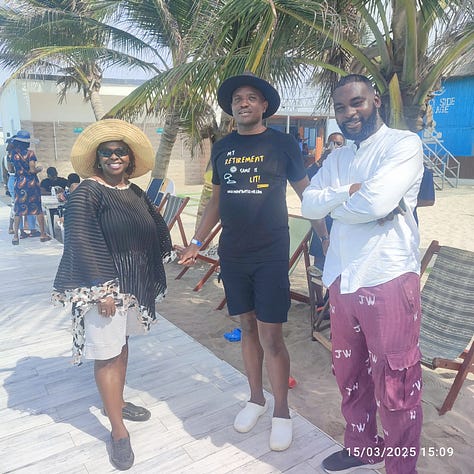
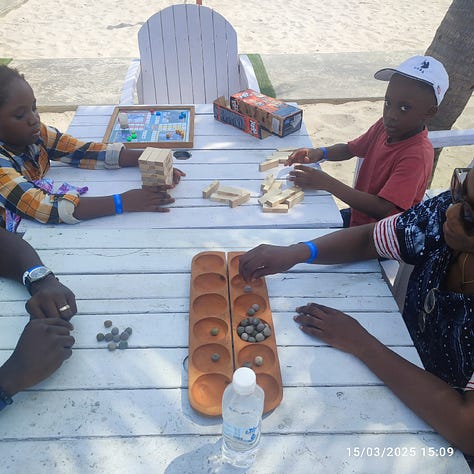
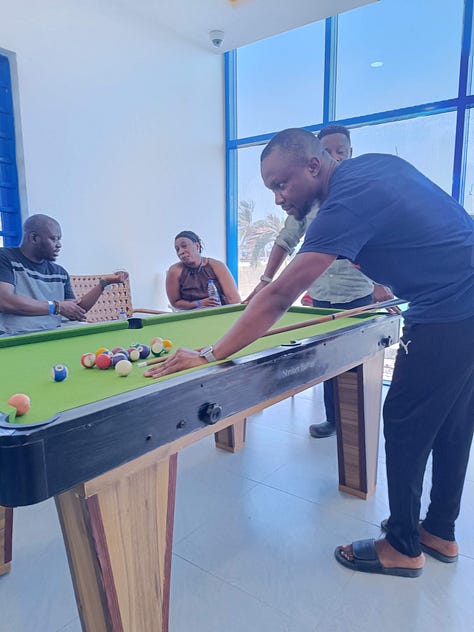
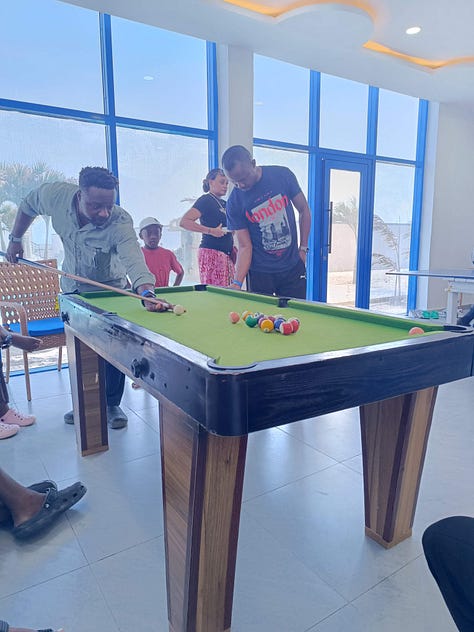

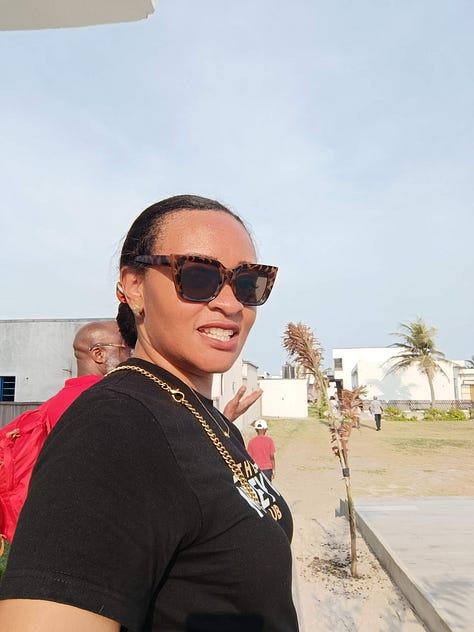
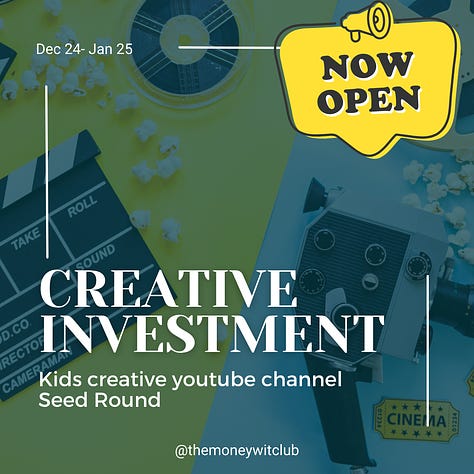
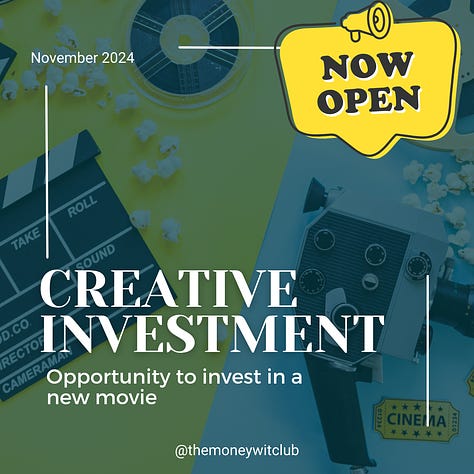
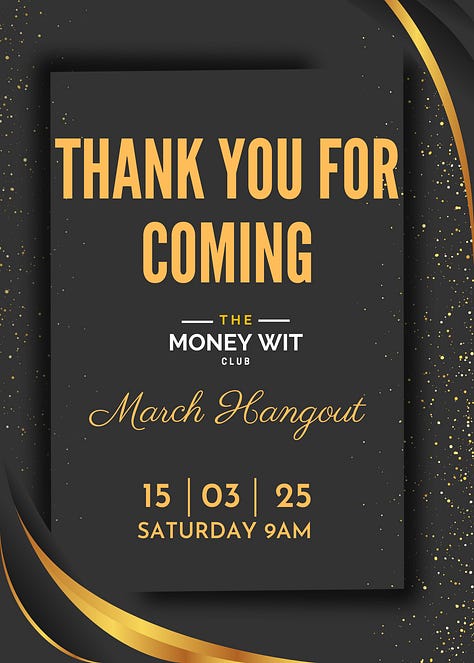
We discussed this week’s news live on YouTube and what it means for you and your business this morning. Watch the recap above.
Turn on your notifications and join us live at 9 AM every Saturday!
We have a new YouTube video on our channel that breaks down a simple, stress-free baby shopping guide for first-time moms.
Learn what essentials you truly need from day one, what can wait, and how to shop smart with multipurpose and long-lasting items.
Did you enjoy reading this? Help spread the message by forwarding to at least 10 of your contacts.
Was this email forwarded to you? Subscribe here.
We host weekly money discussions live on our YT channel… visit our channel
Want to advertise with us? Email business@oleroladele.com
Highlights from our Book of the Month: Secrets of the Millionaire Mind!
We’re reading Secrets of the Millionaire Mind by T. Harv Eker — a powerful look at the beliefs that shape our money habits.
This week’s takeaway:
“Money is a result. Wealth is a result. Health is a result. We live in a world of cause and effect.”
If you haven’t started, this is your nudge. Grab your copy here. This isn’t just about reading — it’s about rewiring how you think about wealth. Share your favorite quote.
At the Money Wit Club, We provide you with opportunities to invest in high-value companies with potential to help you yield the highest returns on your investments.
Watch full interview here
Click the button below for more information on how to join the club.
Thanks for reading this week’s letter. We love having you here. Got thoughts on today’s edition? Hit reply and let us know! See you next week with more Global news and money wisdom.




